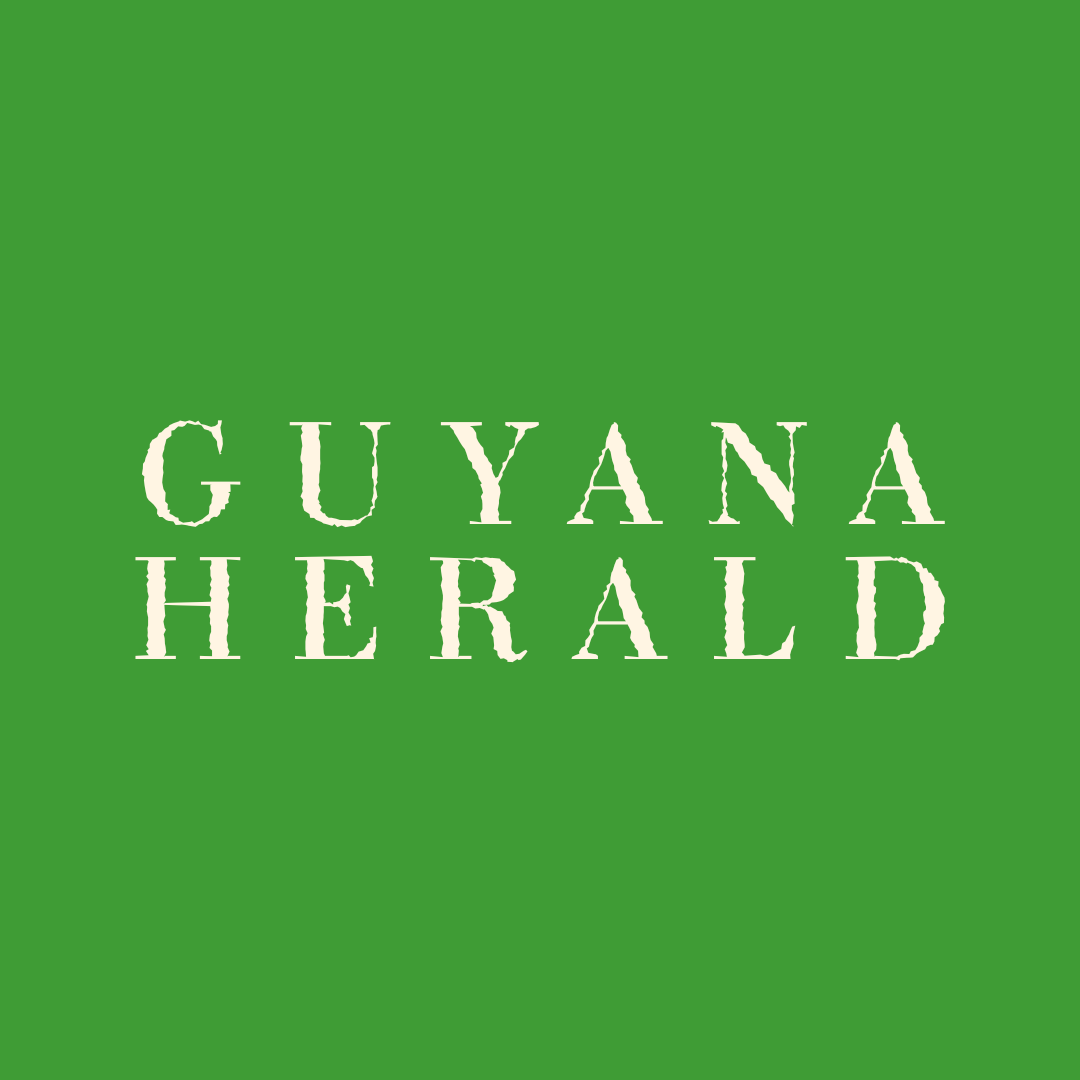Guyana's Critical Election: Oil Wealth and Global Powers at Stake
Guyana heads to polls in crucial election that will determine management of massive oil wealth, amid Venezuelan territorial claims and increasing interest from global powers.

Guyanese voters prepare to cast ballots in historic election amid oil boom and regional tensions
Georgetown's upcoming elections on Monday mark a pivotal moment for Guyana's economic future and geopolitical position, as the South American nation grapples with managing its unprecedented oil wealth amid regional tensions and superpower interests.
Oil Boom Transforms Electoral Stakes
Guyana's remarkable economic transformation, driven by ExxonMobil's discovery of nearly 11 billion barrels of oil in 2015, has positioned the country for exponential growth. Current production of 650,000 barrels daily could surpass Iran's output by 2027, making this election crucial for the nation's resource management.
Presidential Candidates and Economic Vision
Three contenders vie for leadership in this transformative election:
- Incumbent President Irfaan Ali (People's Progressive Party/Civic)
- Opposition leader Aubrey Norton (People's National Congress Reform)
- Businessman Azurddin Mohamed (We Invest in the Nation)
Venezuelan Tensions and International Relations
The ongoing territorial dispute with Venezuela over the resource-rich Essequibo region adds complexity to the electoral landscape. Venezuela's recent claims and military posturing have pushed Guyana closer to strategic partnerships with the United States.
Global Powers and Economic Influence
The management of Guyana's expanding oil wealth has attracted intense interest from both the United States and China. While American companies dominate oil production, China has secured significant infrastructure projects, including the new Demerara River bridge.
Economic Growth and Development Challenges
Despite posting remarkable GDP growth - 63.3% in 2022 and 33.8% in 2023 - Guyana faces the challenge of translating oil wealth into broad-based development. The next administration must address poverty reduction while maintaining democratic institutions and transparency.
"If the next government manages this boom with transparency and stronger institutions, it could be an example for the entire region," notes political analyst Imdat Oner from Florida International University.
Adrian Singh
Business reporter focused on economic freedom, foreign investment, and institutional transparency.
